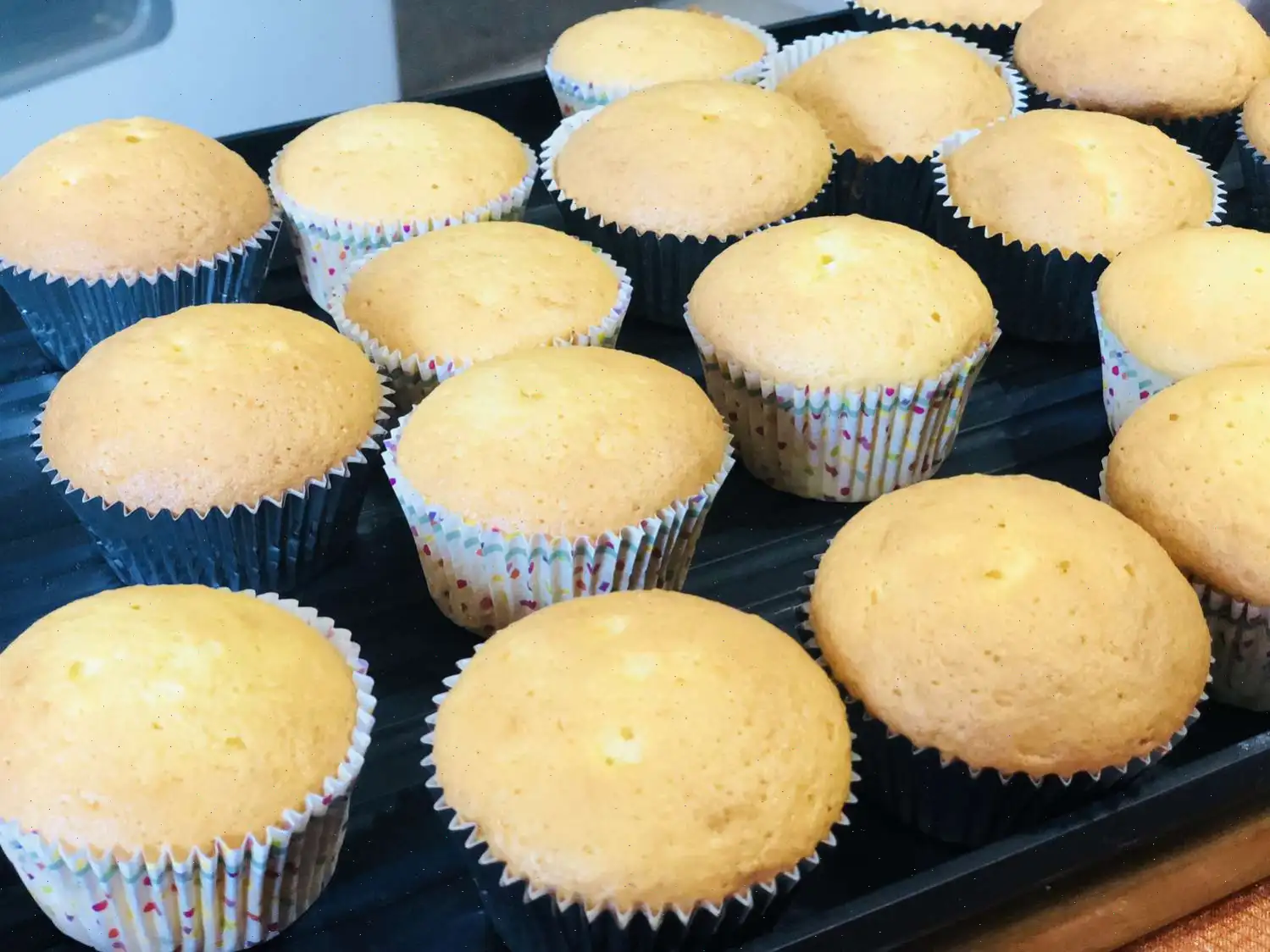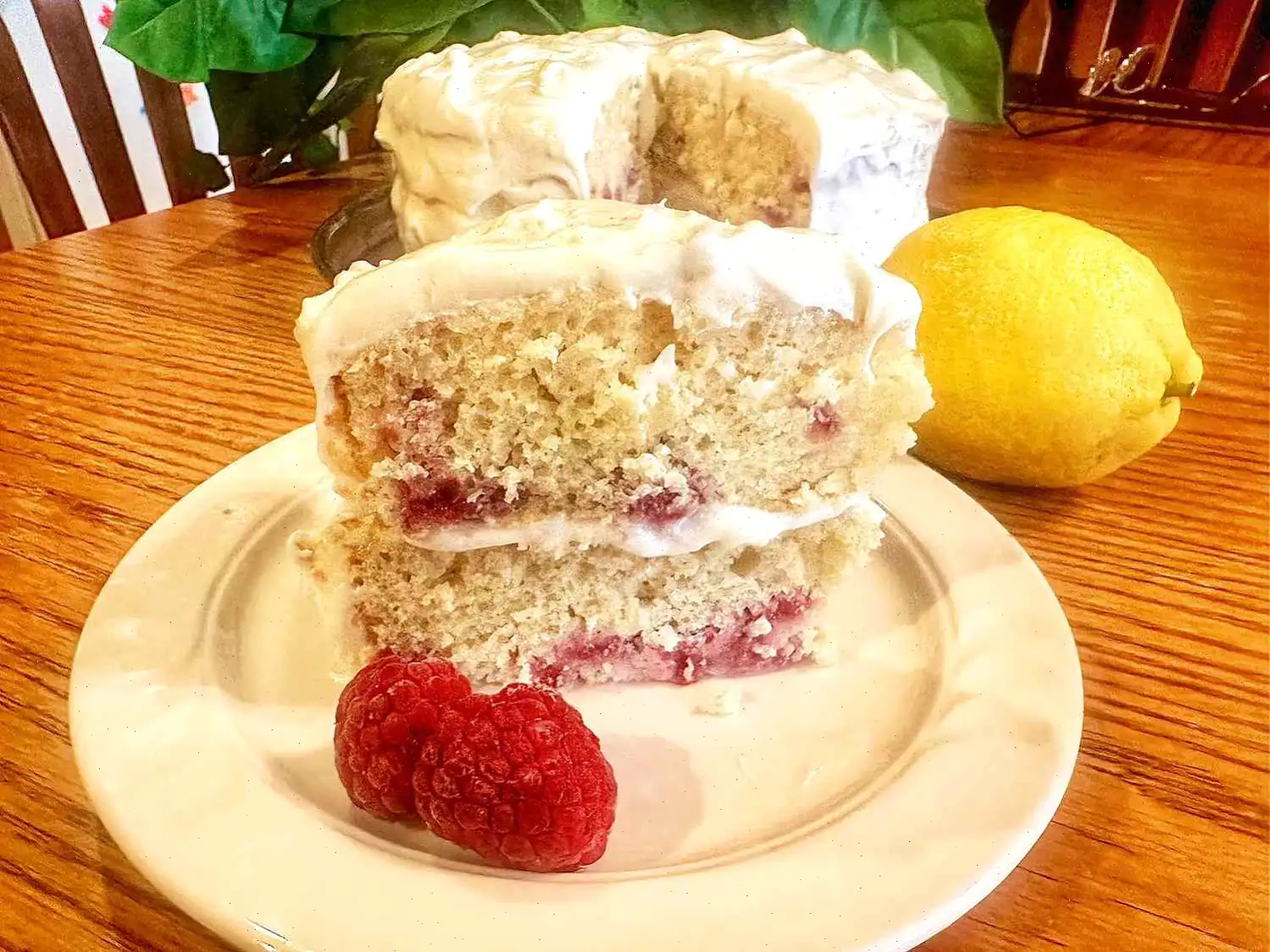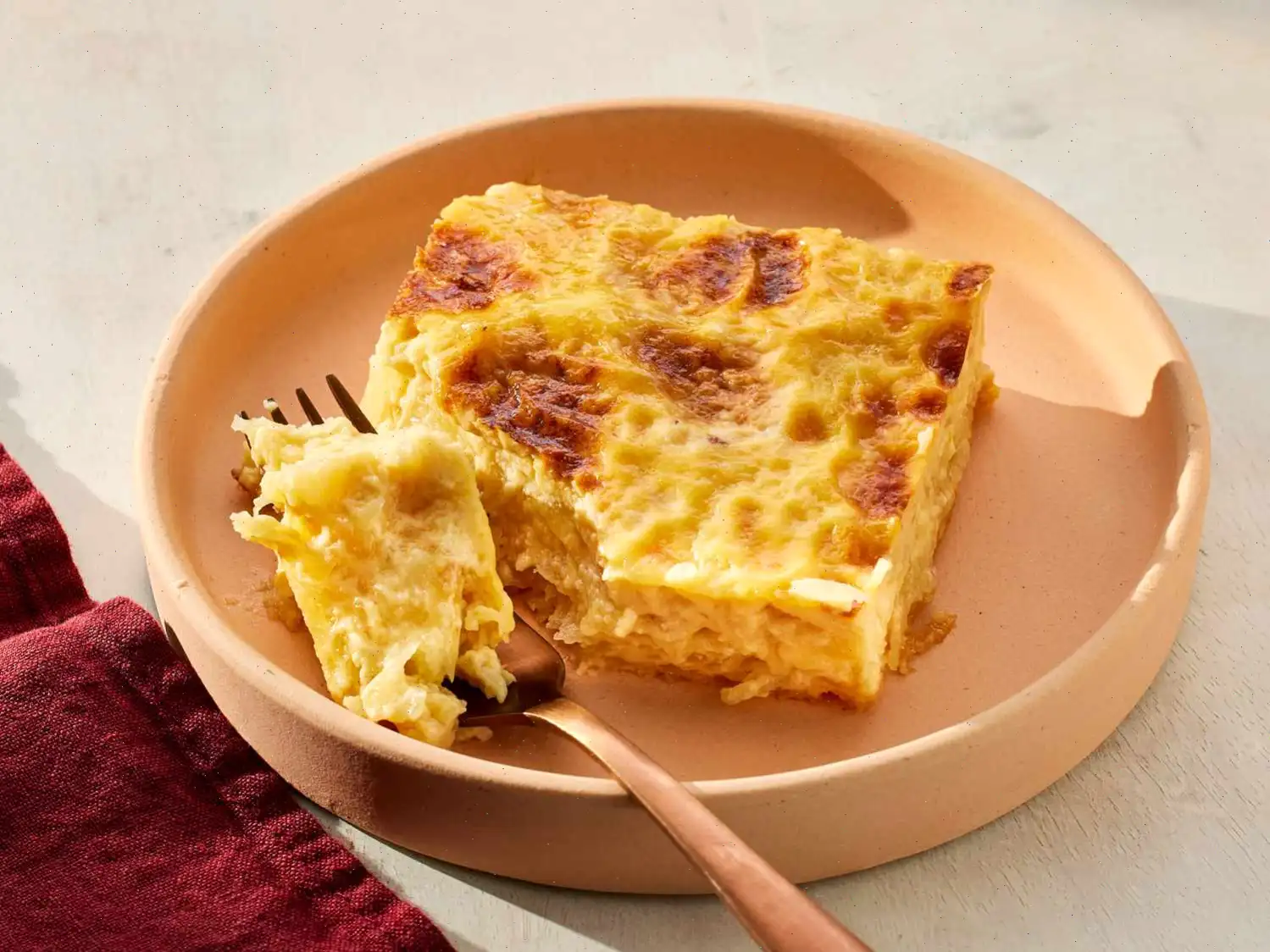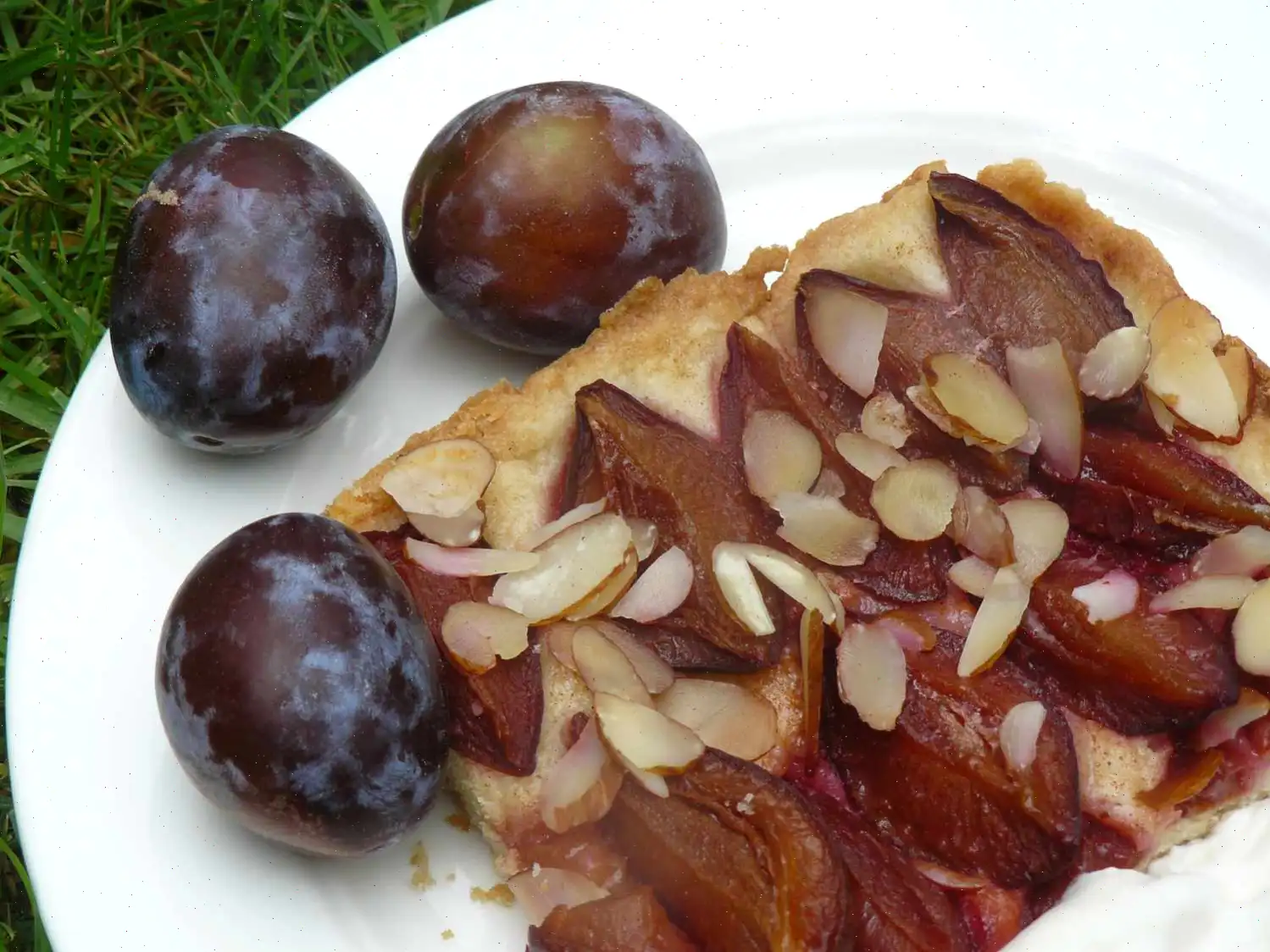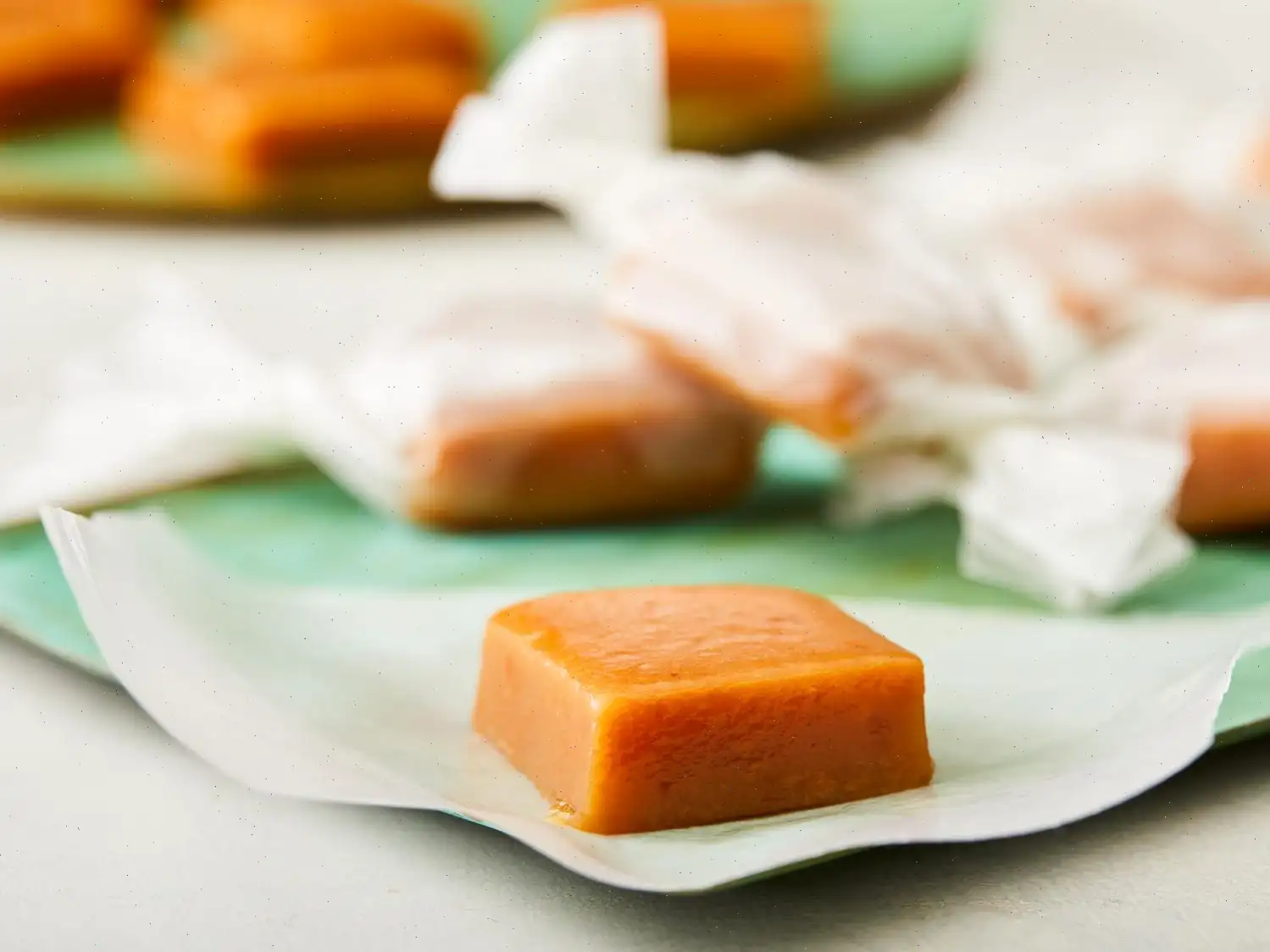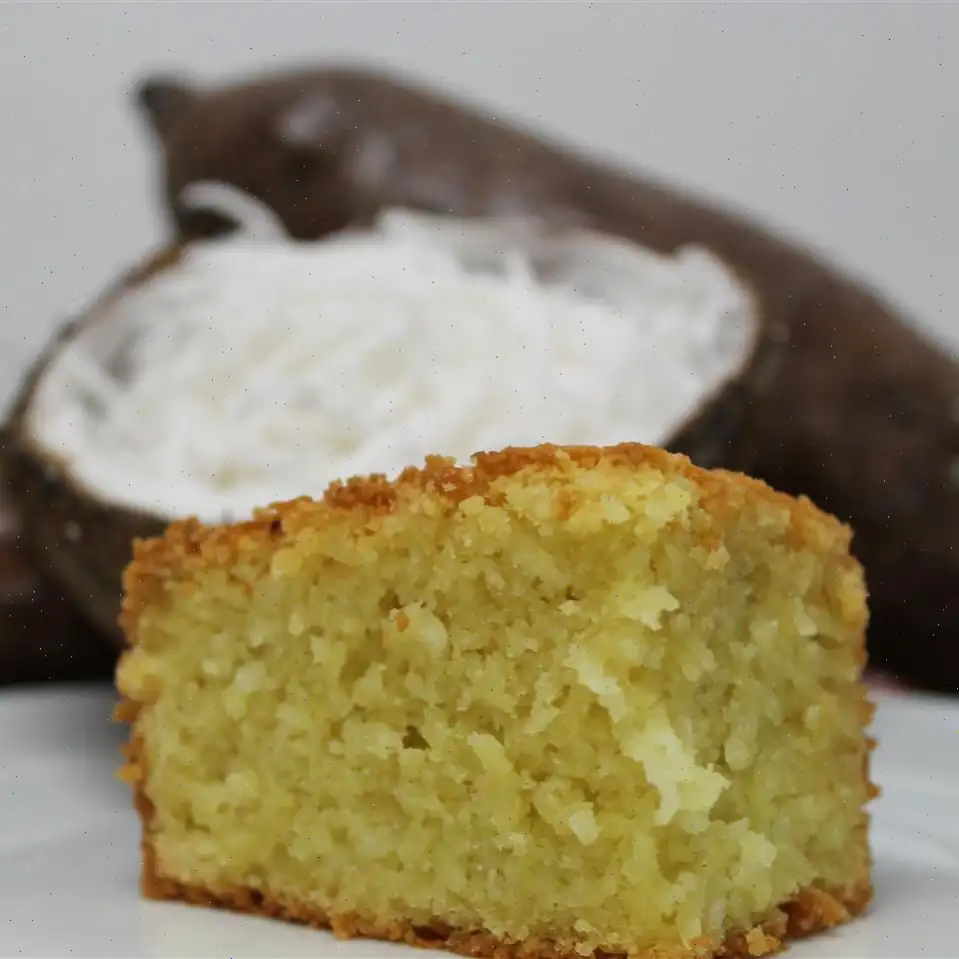
Mamon (Sponge Cakes) Recipe
Ingredients
This recipe was developed at its original yield. Ingredient amounts are automatically adjusted, but cooking times and steps remain unchanged. Note that not all recipes scale perfectly.
Original recipe (1X) yields 16 servings
- 2 cups all-purpose flour
- 1 cup white sugar
- 1 tablespoon baking powder
- 1 teaspoon salt
- cup vegetable oil
- 8 egg yolks
- 2 tablespoons grated orange peel
- 1 teaspoon vanilla extract
- cup orange juice
- cup water
- 8 egg whites
- teaspoon cream of tartar
- cup white sugar
Directions
- Preheat the oven to 325F (165C). Grease 16 muffin cups.
- In a large bowl, stir together flour, 1 cup sugar, baking powder, and salt until well combined.
- Make a well in the center of the dry ingredients and add oil, egg yolks, orange peel, vanilla extract, orange juice, and water. Mix everything together by hand until smooth, making sure there are no lumps. Set this mixture aside.
- In a separate large glass or metal mixing bowl, beat the egg whites and cream of tartar until foamy.
- Gradually add the remaining cup sugar to the egg whites while continuing to beat until soft peaks form. When you lift the beater or whisk, the egg whites should form soft mounds, not sharp peaks.
- Gently fold the flour mixture into the beaten egg whites until completely incorporated.
- Carefully pour the batter into the prepared muffin cups, filling each about two-thirds of the way full.
- Bake in the preheated oven for about 40 minutes, or until a toothpick inserted into the center comes out clean.
- Allow the muffins to cool in the pans for 10 minutes before removing them to cool completely on a wire rack.
Nutrition Facts (per serving)
- Calories: 243
- Total Fat: 9g (12% Daily Value)
- Saturated Fat: 2g (10% Daily Value)
- Cholesterol: 102mg (34% Daily Value)
- Sodium: 269mg (12% Daily Value)
- Total Carbohydrate: 35g (13% Daily Value)
- Dietary Fiber: 1g (2% Daily Value)
- Total Sugars: 19g
- Protein: 5g (10% Daily Value)
- Vitamin C: 4mg (4% Daily Value)
- Calcium: 68mg (5% Daily Value)
- Iron: 1mg (7% Daily Value)
- Potassium: 86mg (2% Daily Value)
Note: Percent Daily Values are based on a 2,000 calorie diet. Your daily values may be higher or lower depending on your calorie needs.
History of Mamon
Mamon, a beloved Filipino delicacy, has its roots in Spanish colonial influence, with its origins tracing back to the traditional sponge cakes introduced by the Spanish during their rule in the Philippines. The name "mamon" is derived from the Spanish word "mamn," meaning "cake" or "sweet bread." Over time, the recipe was adapted by Filipino bakers, who incorporated local ingredients such as orange zest and vanilla, resulting in the light and airy treat that is loved by many today. Traditionally, mamon is made to celebrate festive occasions, family gatherings, and special moments, making it a symbol of comfort and Filipino hospitality.
Regional Variations
While mamon is commonly found across the Philippines, regional variations exist, particularly in terms of the flavors and fillings. In some areas, mamon is topped with cheese or butter, which adds a savory contrast to its light sweetness. In certain provinces, mamon is even served as a dessert in combination with other Filipino treats like leche flan or sweetened fruits. These adaptations reflect the regional preferences and creativity of Filipino bakers, who continuously innovate the traditional recipe while staying true to its roots.
What Makes Mamon Unique
Compared to other sponge cakes or similar desserts, mamon stands out because of its light, fluffy texture. The batter is prepared using a combination of whipped egg whites and egg yolks, creating a cake that is tender and airy. Unlike Western sponge cakes, which can sometimes be dense or heavy, mamon has a uniquely soft, melt-in-your-mouth consistency. Its flavor is delicately sweet with a hint of citrus from orange zest, making it a refreshing treat. Another distinguishing feature is its typically smaller, muffin-like shape, which is perfect for individual servings.
Where Mamon is Typically Served
Mamon is a popular snack or dessert in Filipino households, often enjoyed with a cup of coffee or tea. It is commonly served at birthday parties, family reunions, and other celebrations, embodying the warmth of Filipino culture. In addition, mamon is frequently sold by local bakeries, particularly those specializing in Filipino pastries. Whether enjoyed as an afternoon snack or as part of a festive spread, mamon brings a touch of sweetness to any occasion. Its versatility also makes it a great base for other creative dessert combinations, such as layered cakes or filled with fruit jams.
Interesting Facts About Mamon
Did you know that mamon was one of the favorite treats of Filipino celebrities in the 1980s and 1990s? It became a sought-after snack due to its delicate texture and unique flavor profile, and it was often featured on television cooking shows. Additionally, mamon is one of the few Filipino desserts that can be easily made in a variety of shapes, from traditional round cakes to more modern cupcake-style servings. This adaptability has helped mamon stay relevant through generations, with each family adding their own twist to the recipe.
FAQ about Mamon (Sponge Cakes) Recipe
Comments
Joshua Nguyen
11/15/2024 12:02:18 AM
Here is the rewritten review: "This recipe differs from the store-bought mamon I am familiar with, but it's still quite enjoyable. The cake turned out fluffy and not overly sweet. For my next attempt, I plan to use cake flour and incorporate the egg whites gradually while folding them in with the flour, rather than mixing them in with the egg yolks, to achieve a more delicate texture. I halved the recipe and managed to make two 6-inch rounds. Baked in my Wilton aluminum pans at 325 degrees for 30 minutes, they rose beautifully. I substituted 2/3 cup of milk for the 1/3 cup of water and orange juice, and skipped the grated orange peel as I prefer non-citrus flavored cakes and pastries."
Linda Lopez
10/25/2022 03:35:56 AM
I decided to make a smaller batch by halving the recipe. I omitted the orange zest, swapped orange juice for heavy cream, used melted butter instead of oil, and almond extract in place of vanilla extract. I baked it in a cheesecake tin for 30 minutes (approximately 10 inches in circumference). The result was absolutely delicious!
Adam Mitchell
06/12/2024 03:50:21 AM
I didn't have orange zest, so I substituted orange juice for water. I reduced the baking time to 20 minutes because I made cupcake-sized mamon. Everything turned out wonderfully!
Timothy Smith
12/07/2024 12:32:30 AM
Fantastic recipe! I decided to enhance it with some lime zest, and the result was simply heavenly. I will absolutely be making this dish again.
Benjamin Jackson
07/09/2023 11:31:10 AM
I decided to make this cake at the request of my mother-in-law, who wanted a dessert using her homemade mango jam. I followed your recipe and I have to say, it was the perfect choice! My family absolutely loved it, and I will definitely be keeping this recipe to explore other ways to use it. I adapted the recipe slightly by using the mango jam in place of grated orange peel and mango juice instead of orange juice and water, and I transformed it into a custard cake. I baked it at 170 degrees Celsius for 60 minutes, but unfortunately, the mango flavor didn't quite shine through. Next time, I might try using mango puree for a more intense flavor. Nonetheless, it was still a fantastic recipe. Thank you for sharing it with the world. Best wishes for your continued success!
Samantha Flores
10/08/2023 03:01:37 AM
I'm thrilled that I came across this recipe! I followed it for the first time, except I substituted 1/3 cup of whipping cream for water - and it was absolutely delicious! I will definitely be baking this again. Thanks for sharing! :)
Samantha Hall
08/16/2023 08:23:16 PM
This cake is definitely not a sponge cake. It turned out to be quite dense and had a strong eggy flavor, although it was moist. I had been craving a light and fluffy sponge cake, and as I was making this, I quickly realized it wasn't going to meet my expectations. Despite my hopes, the cake did not turn out as I had imagined. It wasn't terrible in taste, but it definitely wasn't the light and airy cake I had been hoping for.
Dorothy Lopez
01/09/2023 09:15:14 PM
I decided to try this recipe at the request of my mother-in-law, who wanted a cake made with her homemade mango jam. I followed your recipe, and it turned out to be a fantastic choice! My family absolutely loved it, and I will definitely be keeping this recipe to try out different variations. I only used half of the recipe to make a custard cake, substituting mango jam for grated orange peel and mango juice for orange juice and water. However, the mango flavor didn't come through as strongly as I had hoped, so next time, I might try using mango puree instead of mango jam. Nevertheless, I want to express my gratitude for this wonderful recipe. Thank you to the creator for sharing such a delightful treat with us. Wishing you continued success!
Michelle Thompson
02/19/2024 11:33:17 PM
Thank you! I'm thrilled to see that people enjoy this proud-Filipino recipe. It has helped us create many delicious cakes that are a hit at our parties, especially during our Midnight Advent Mass. Thanks! Please make it again!


